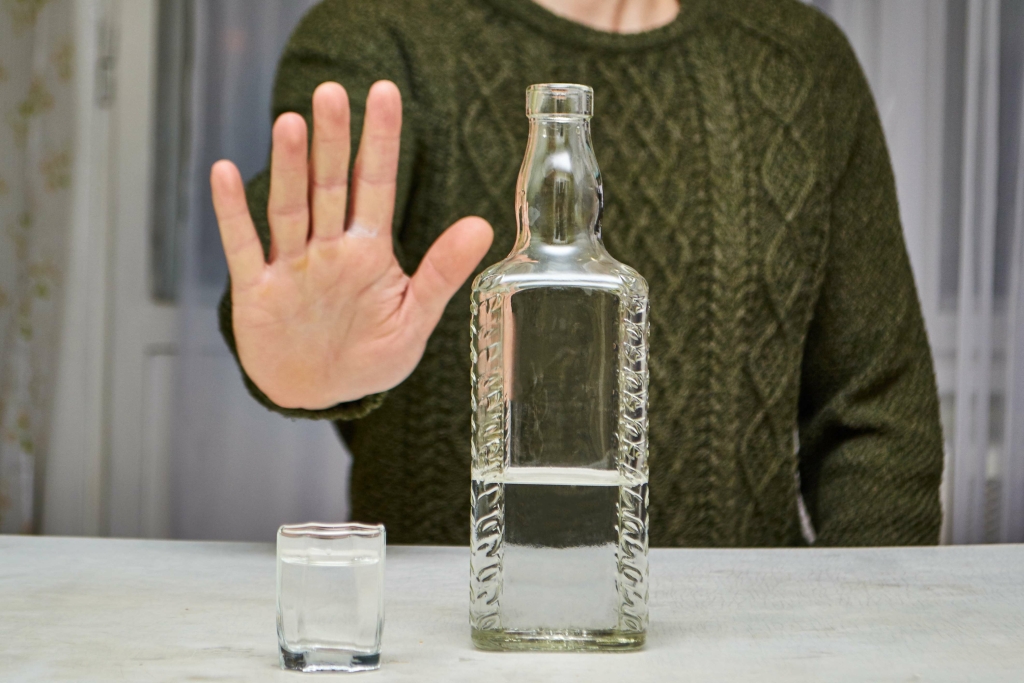Causes include easy accessibility, low cost, rapid onset of euphoria, peer pressure, and stress. Someone addicted to nicotine might start smoking socially but soon find themselves needing a cigarette to handle stress, leading to a daily habit that becomes difficult to break. Nicotine addiction is the compulsive use of tobacco products despite the harmful health consequences. Alcohol addiction, also known as alcoholism or Alcohol Use Disorder (AUD), involves a physical and emotional dependency on alcohol. Opioid use disorder (OUD) is defined as the chronic use of opioids that causes clinically significant distress or impairment according to Dydyk AM, Jain NK, Gupta M’s 2024 study on Opioid Use Disorder in StatPearls. Support groups what is a drug addiction such as 12-step programs are considered a mainstay for treating many forms of substance use.
What happens to the brain when a person takes drugs?
Physical addiction appears to occur when repeated use of a drug changes the way your brain feels pleasure. The addicting drug causes physical changes to some nerve cells (neurons) in your brain. Despite the name, these are not bath products such as Epsom salts. Substituted cathinones can be eaten, snorted, inhaled or injected and are highly addictive.

Frequently Asked Questions About Drug Addiction
Each substance or behavior may require different management techniques. Different substances and behaviors have different Substance abuse effects on a person’s health. Serious complications can cause health concerns or social situations to result in the end of a life.
- Some drugs, such as opioid painkillers, have a higher risk and cause addiction more quickly than others.
- Specifically, KOPr is found within brain circuits that regulate mood and motivation through dopaminergic and glutamatergic neurotransmitters.
- Creative activities like painting, sculpting, music, and writing can help people express their feelings and experiences in safe and healthy ways.
- Everyday joys (such as food, hobbies, or time with loved ones) may start to feel dull in comparison.
- Substance abuse has many potential consequences, including overdose and death.
- According to the Centers for Disease Control and Prevention (CDC), over 100,000 people in the U.S. died from a drug overdose in 2021.
What are complications of drug abuse and addiction disorders?

People use cannabis by smoking, eating or inhaling a vaporized form of the drug. Cannabis often precedes or is used along with other substances, such as alcohol or illegal drugs, and is often the first drug tried. Dorwart has a Ph.D. from UC San Diego and is a health journalist interested in mental health, pregnancy, and disability rights.
Narcotic Abuse
As addiction progresses, it weakens the brain circuits responsible for impulse control, making drug resistance increasingly challenging for the affected individual. The lasting impact extends beyond drug-seeking behavior, affecting both cognitive abilities and emotional control, which results in permanent brain damage. Yes, there are cultural differences in the perception and treatment of drug addiction. According to the National Institute on Drug Abuse (NIDA, 2019), cultural https://ecosoberhouse.com/ factors significantly influence how drug addiction is perceived, stigmatized, and treated across different societies.
- Partial hospitalization programs (PHPs) occur in community-based agencies with access to hospital facilities when needed.
- Individuals with dual diagnoses are also at higher risk of being non-compliant with treatment.
- After formal treatment, most people in recovery continue to receive support through aftercare programs that help them maintain sobriety and prevent relapse.
- Following detox, you will receive care at a treatment center to help you in the early days of sobriety.
- It is important to remember that relapse is a common part of the recovery process and does not mean that treatment has failed.
Not only does this lessen the brain’s ability to resist intense urges to take drugs, but it can also affect the amount of pleasure a person receives from healthy activities like enjoying food or the company of others. The brain adapts to continued drug use by developing a tolerance, which means it takes more of a drug to feel the same result. Addiction affects millions of people each year, causing over 11 million deaths from smoking, alcohol abuse, and illegal drugs.
More Treatment Options
Alcohol consumption by pregnant women can cause fetal alcohol syndrome, which can cause mental retardation. Physical complications can include inflammation of the stomach, inflammation of the liver, permanent nerve and brain damage (forgetfulness, blackouts, or problems with short-term memory), and inflammation of the pancreas. Children raised apart from their alcoholic biological parents, for example, have four times the risk of becoming alcoholics than the general population. Addiction Center works with treatment professionals to provide information both written and reviewed by experts.
